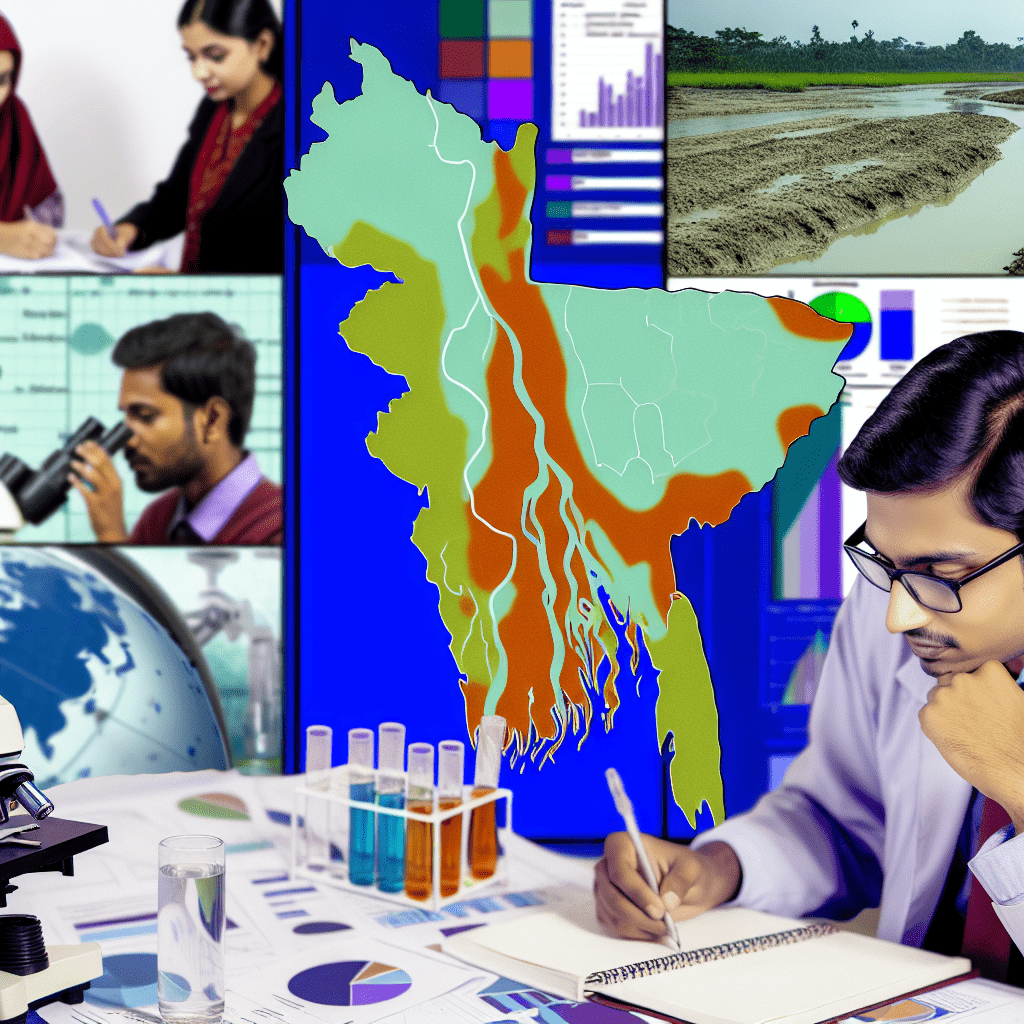”
Water, the pillar of life, often represents stark dichotomies, particularly in regions where access to this vital resource doesn’t necessarily guarantee its quality, as is the case with Bangladesh. This article provides an in-depth study of the water quality issues in Bangladesh, their roots and possible solutions.
Bangladesh, despite being crisscrossed by hundreds of rivers, experiences harsh water quality challenges. According to the World Health Organization, around 20% of the deaths in Bangladesh are associated with the consumption of unsafe water, and more than a third of Bangladeshis lack access to clean water.
The primary factors affecting water quality in Bangladesh are pollution and climate change-induced problems. Widespread pollution due to untreated industrial waste, domestic sewage, and agricultural runoff, coupled with recurring floods that lead to tainted surface water, continually degrade the water quality.
One of the most grave water quality issues in Bangladesh is arsenic contamination. As per UNICEF, approximately 20 million people in Bangladesh are consuming water with high levels of arsenic, leading to a severe health crisis.
The Government of Bangladesh has prioritized addressing these water quality issues. There has been investment in water purification technologies and infrastructure improvement projects. Awareness campaigns about arsenic contamination and initiatives promoting rainwater harvesting are also underway.
However, the solution to Bangladesh’s water quality problems requires an integrated and comprehensive approach. This could include effective law enforcement to prevent indiscriminate disposal of industrial wastes, promotion of sustainable agricultural practices, and substantial upgrades for existing water infrastructure.
Public participation and awareness also play a vital role. Community-led movements and campaigns about preserving water resources and understanding the implications of waterborne diseases can contribute significantly to enhancing water quality.
In conclusion, while the water quality issues in Bangladesh are severe, they are not invincible. A coordinated approach that harnesses policy reforms, technology, public participation, and sustainability could drive Bangladesh towards a future with safe, clean water.
By FountainGO!

